
Conference
Realcomm | IBcon
Key contacts
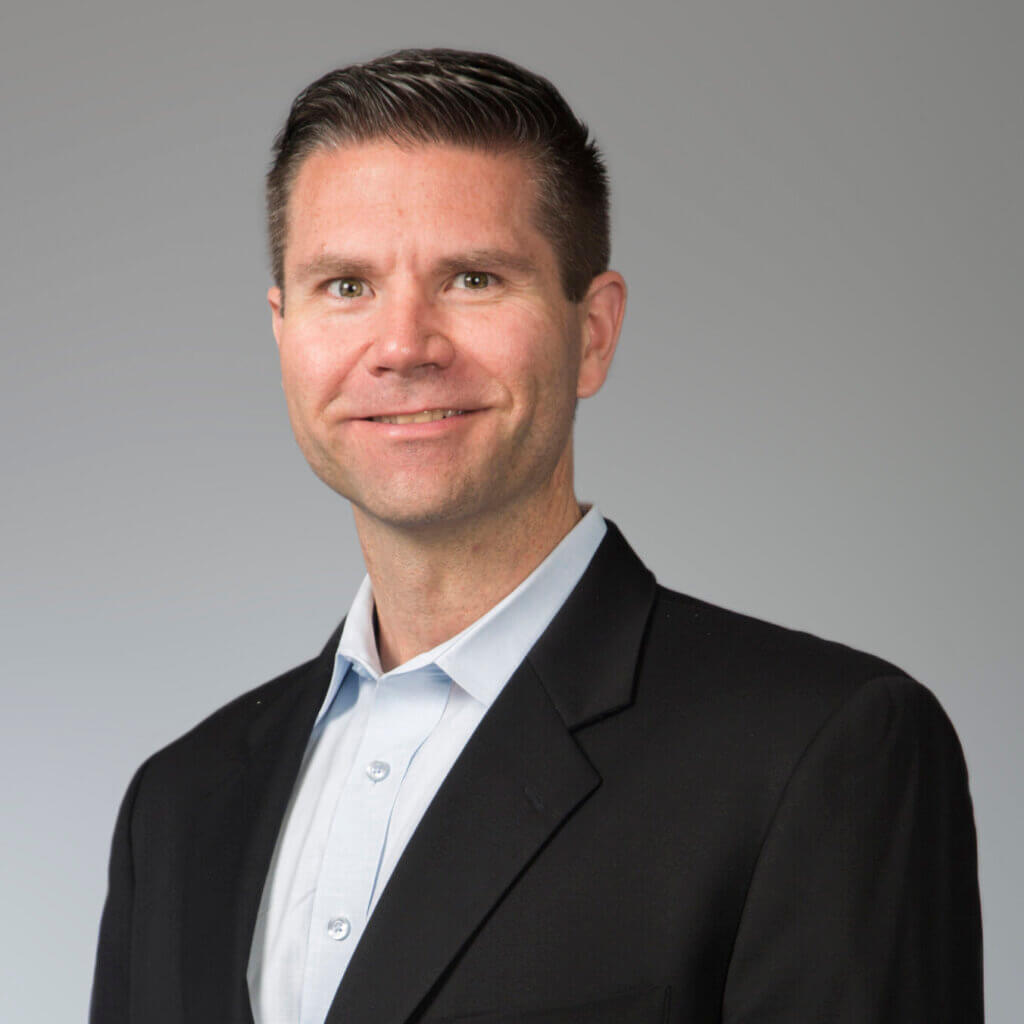
Michael Gregori
United States
Real Estate Operational Leader, North America
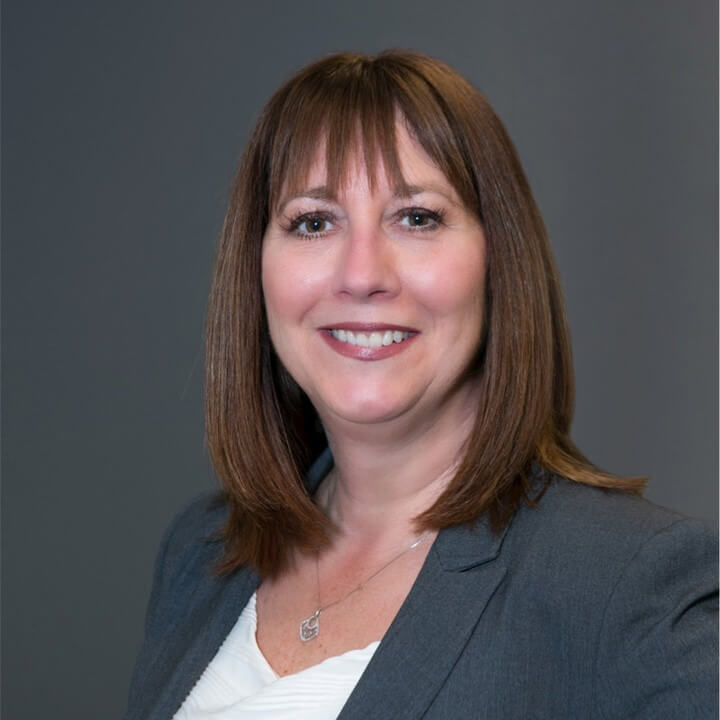
Benay Kirk
United States
Managing Director, Real Estate, North America
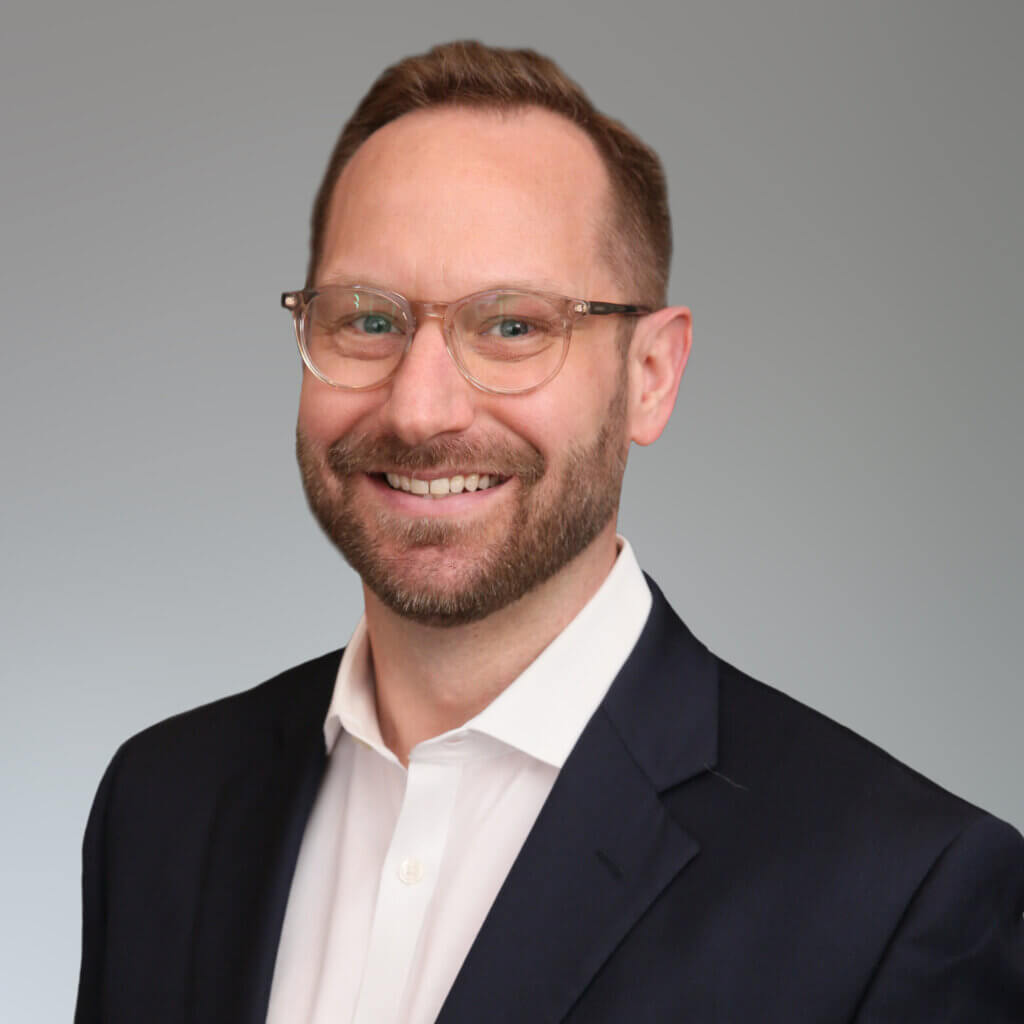
Alex Droste
United States
Global Real Estate Platform Leader
Conference
Invest Europe CFO Forum
Join Bruno Bagnouls and Patrick McCullagh at Invest Europe CFO Forum in Lisbon, Portugal from May 23-24. This forum, for CFOs, COOs and senior finance and fund executives in private equity and venture capital offers a peer-to-peer sharing environment to reflect on current initiatives, challenges, and strategic objectives.
Key contacts
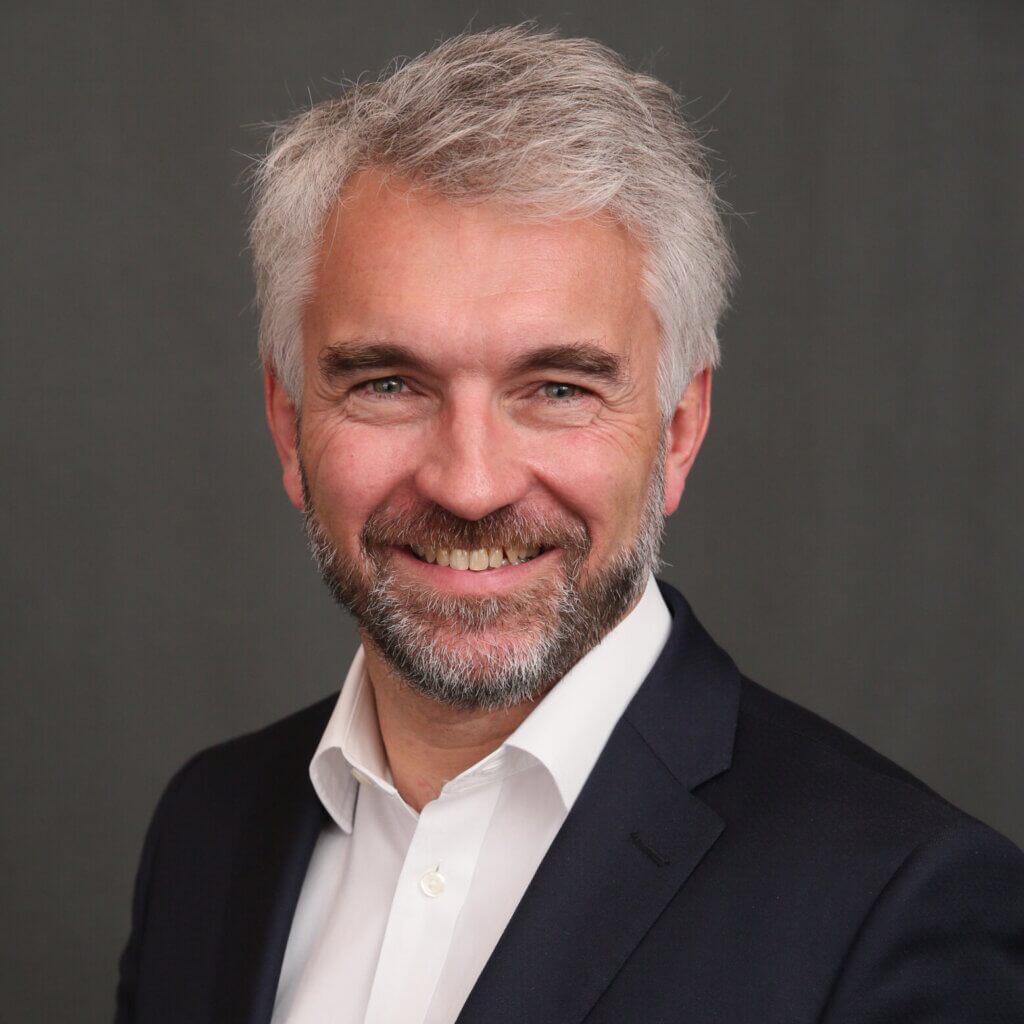
Bruno Bagnouls
Luxembourg
Director, Alliances and Partnerships EMEA

Patrick McCullagh
United Kingdom
Managing Director, Sales, Europe & United States
Analysis
Navigating the challenges of today’s private equity environment
In a four-part series Alter Domus will explore the main challenges facing US private equity managers in a constantly evolving marketplace and outline how partnering with a responsive fund services provider can help mid-market teams to adapt to a changing landscape and meet the rising tide of compliance and regulatory demands without compromising focus on the core business of sourcing deals and delivering returns.
Article 4: Rising Regulation
In the last of a four-part series exploring the the main challenges facing US private equity players in a constantly evolving marketplace, Alter Domus looks at how working alongside fund services partners can help managers to stay on top of these additional regulatory demands.

The private capital industry has undergone a period of remarkable expansion during the last decade, with assets under management growing at a compound annual growth rate of 14 percent in the ten years between 2013 and 2023 to reach US$14.5 trillion.
As more capital has flowed into private markets, regulatory scrutiny of the asset class has inevitably followed (particularly given the industry’s focus on growing its non-institutional investor base), culminating with the US Securities Exchange Commission (SEC) adopting new rules in 2023 to strengthen regulatory oversight of private funds managers.
The rules, which run to more than 600 pages of text, represent the most significant overhaul private markets regulation in the US since the 2008 global financial crisis, and will place significant additional disclosure and reporting costs on managers.
The rules are only set to come into force beginning in September 2024, and a group of private markets managers have mounted a legal challenge against the SEC rules, which if successful could oblige the SEC to review its plans.
But as things stand some of the main reporting and disclosure requirements the industry will have to be ready for include:
1. Mandatory Quarterly Reporting
With the aim of improving transparency, the SEC will require registered private fund advisers to provide quarterly statements to investors with detailed information on fund fees, expenses and performance.
2. Annual financial statements and audit
The new rules will also require private fund advisers to produce and distribute and annual financial statement and audit for each private fund they advise.
3. Fairness opinions on GP-led deals
Managers undertaking GP-led secondaries transactions will be required to obtain independent, third-party fairness opinions on deal valuations.
4. Preferential treatment
The new rules will also prevent private fund advisers from providing any investors with preferential treatment regarding redemptions and information that would have a negative impact on other investors.
In all other case of preferential treatment, the SEC has adopted a “disclosure-based exception to the proposed prohibition”, that will include “a requirement to provide certain specified disclosure regarding preferential terms to all current and prospective investors”.
This could have serious implications for the use of side letters (which grant specific rights to certain investors), which have become more and more prevalent across the industry.
5. Restricted activities
The rules will also restrict any activity that is against the public interest or compromises the protection of investors, and private fund advisers will not be allowed to charge investigation costs to funds when sanctioned for violation of the Investment Advisers Act.
Counting the cost
Compliance with the new rules is expected to be costly, with managers not only having to produce additional reporting and disclosure, but also track potentially hundreds of side letters and make disclosures on these side letters to all other investors.
The FT reports that as part of its rulemaking process the SEC estimated that meeting the annual audit statement and quarterly reporting requirements could cost the asset class up to US$961 million a year, with rules and disclosure around fee costs and preferential treatment a further US$938 million of costs.
Implementation will be complicated even for large managers that already have sizeable back-office infrastructure in place. For smaller players the investment in additional general counsel, compliance and reporting resource the poses an even bigger challenge.
Help at hand
Managers, however, do not have to shoulder additional reporting and disclosure requirements alone, and can turn fund servicing partners with the size, experience and technology to handle additional regulatory obligations efficiently and cost-effectively.
Alter Domus, for example, has a range of technology, AI and automation tools at its disposal to help clients meet their obligations without incurring significantly higher costs or having to divert investment from the front office functions to bulk out the back-office.
Managers and funds will already have much of the data regulators are asking for to hand. The help of a partner that understands what data is required, how to collate it and structure the data into a coherent format can remove much of the heavy lifting and the pain points that managers would face if operating in isolation.
Alter Domus is already building out a new service offering to support clients on the regulatory front, which will be available to market before the new SEC rules come into force.
The fact that Alter Domus can service hundreds of clients through its platform – as a opposed to one manager having to build all this capability in-house just to service its own funds – also allows it to leverage its infrastructure at scale and materially bring down regulatory compliance costs for its clients.
Alter Domus also has significant experience operating in other jurisdictions, such as Europe, where regulatory regimes for private markets have been more demand, and is well versed in servicing complex fund structures – an especially valuable skill set when it comes to tracking and coordinating any preferential disclosure requirements that may be required.
The new SEC rules undoubtedly represent a step change in regulatory load managers have to carry. Partnering with a responsive fund services provider, who has a birds-eye view of the industry, can help teams to meet the rising tide of compliance and regulatory demands without compromising their focus on the core business of sourcing deals and delivering returns.

Article 3: Fit for fundraising
Investment returns will always be the primary focus for LPs when choosing which managers to allocate capital to, but as the private markets industry matures, and manager selection becomes more sophisticated, operational infrastructure and organizational resilience have become key factors in investor decision-making.
In a survey of more than 110 institutional investors for its most recent LP Perspectives report, Private Equity International (PEI) found that 87 percent of respondents cited GP team size and investment capacity as a significant factor in the manager selection, aside from track record.
Track record is still paramount, but LPs are not banking on the returns of a manager’s most recent fund as the only predictor of sustainable, long-term performance. Investors have recognized that how a manager functions operationally and the returns it is able generate are not mutually exclusive.
Indeed, a robust back-office provides dealmakers with the tools to run a successful front-office, especially as data analytics and AI become important differentiators when it comes to deal origination and execution. Deal processes are more competitive than ever, and speed of execution relies on dealmakers having back-office and operational support in place to collate deal intelligence, data, research and deal pipeline information and make it readily available.
Sound operational infrastructure also signals a manager’s future trajectory. How well-equipped is a manager’s operational model to cope with a scale-up in team numbers, funds and strategies and assets under management?
The operational robustness of a firm is also crucial for LPs that want to mitigate downside risk and build comfort around a manager’s processes for client onboarding, cyber security, cash management, fund accounting and investor reporting.
Having the best technology and back-office infrastructure will not secure LP support in isolation, but without it, managers will find it increasingly difficult to gain traction with LPs – even when returns are strong.
Meeting the operational challenge
Keeping pace with the increasing focus from investors on operations and back-office poses a unique set of challenges for smaller managers
For a large manager operating at scale, investment in back-office teams and technology represents a smaller percentage of assets under management (AUM) than it does for a smaller firm. Large managers executing a higher volume of deals across multi-fund platforms can also run a higher volume of transactions through their back-office channels, justifying the investment in the back-office.
Smaller managers, however, do not have to make huge upfront capital expenditure into order to upgrade operational infrastructure and meet LP “table stakes” for fundraising.
Working with a fund administration service partner that is already operating at scale and investing in technology and people consistently can provide managers with best-in-class operational support at competitive rates. Fund services specialists have much large global footprints, that are more cost-effective and enable managers to benchmark fund costs
LPs will be familiar with leading fund services providers and will already have diligenced and built comfort around the capabilities of these providers.
Fund services providers will also have experienced teams in place that understand investors demands and requirements and help managers to meet these requirements and lock in investor support.
This experience is supported proprietary technology designed to address investor demands. Alter Domus’ Investor Portal, CorPro, for example, is built to assist investors with everything from onboarding through to fund reporting and fielding bespoke information requests. Alter Domus’ Digital Workflows Application, which harnesses automation and AI technology to enhance transparency and operational efficiency across the private equity fund administration process. These advancements in private equity fund services offer new levels of digitized data accuracy, positively impacting the investor reporting process.
Choosing the right operational model
A fund services partner can also provide valuable counsel on how to build a model that is the right fit for a manager’s requirements, and put the infrastructure in place to support a firm operationally for the long-term.
Alter Domus advises managers on how to up-tier operational models that are pressing against their limits and how to put structures in place that will give LPs the necessary comfort in fundraising processes and due diligence.
Whether that involves outsourcing or a co-sourced model, creating a bespoke operational backbone that addresses each firm’s individual requirements, and that can be scaled to match growth, covers the bases with respect to what LPs want to see from a manager operationally.
Partnering with an established fund services provider allows managers to back up solid returns performance with a best-in-class back-office capability that can support future growth, reduce downside risk exposure and meet LP due diligence requirements.
Article 2: Staying on top of technology
In the second of a four-part series exploring the main challenges facing US private equity houses in a constantly evolving marketplace, we outline how outsourcing partners can provide best-in-class software know-how at affordable price points.

The technology infrastructure required to run a private markets firm a decade ago couldn’t be more different to what is expected in the current market.
General partners used to be able to run their organizations using a basic accounting software package, spreadsheets and email and focus resources and time on the core front-office functions of sourcing and exiting investments.
As the private markets industry has expanded, the operational demands facing managers have ratcheted up. Deal and fund structures have become more complex (see Part 1) and investor and regulatory reporting expectations have increased.
As a now mature industry responsible for managing significantly higher volumes of investor dollars than a decade ago, managers have had to reappraise their operational backbone and investment in back-office capability.
Technology has served as a key enabler for helping managers to address the profound shifts in expectations around how they run their businesses, but the implementation of new technology, systems and processes comes with significant upfront capital expenditure and ongoing maintenance costs.
For large-cap firms managing vast, multi-strategy platforms, size makes it possible to keep the required technology expenditure as proportion of a manager’s total expense ratio in check. For managers with a much smaller family of funds to manage, keeping technology expenditure in check can be incredibly challenge.
Partners providing support
Working with a fund servicing partner provides a pathway for managers to make the necessary investment in technology infrastructure without allowing capital expenditure on technology to drain resources from a firm’s core competencies of dealmaking and portfolio company.
A fund services provider with a global footprint, managing thousands of funds on behalf of clients, can build and maintain in a technology platform of the scale that would be impossible for a single manager to match.
Scale and operational synergies put fund servicing providers in a position to provide a combination of best-of-breed industry software and proprietary tools at cost-effective rates that can be benchmarked against the wider market.
Alter Domus, for example, works daily with all the marketing-leading private markets software suites – FIS Private Markets (Investran); Allvue, eFront and Yardi – and
can also overlay best-of-breed software with proprietary technology that wouldn’t be feasible for single managers to build in isolation.
The 3rd generation of fund operations
With private equity now a mature, fully-fledged part of the financial
firmament, and volumes of funds and data exponentially rising, only the enhanced use of technology, such as Alter Domus Digital Workflows Application for private equity, can sustain and support AUM growth
Purpose built from private equity, these workflows are designed to handle the data volume and complexity of both classically structured and secondaries funds. They harness automation and AI to build a “digital bridge” between client and fund administrator, and therefore create a collaborative, non-siloed approach to working. to manage the growth and complexity of their portfolios.
This technology heralds the arrival of the 3rd age of fund administration and has helped our clients improve operational efficiency and transparency across their portfolios, end reliance on outdated communication channels and collate data into an analysis-ready source of truth.
Learn more about our Digital Workflows Application for private equity here.
High interest rates and market volatility have put the brakes on private equity exit activity during the last 12 months, with serious consequences for investor distributions and fundraising.
US exit deal value dropped to the lowest levels the first COVID-19 lockdowns in 2023, with year-on-year deal value falling by more than 50 percent to US$174.98 billion according to Dealogic data compiled by White & Case.
Exit value has suffered similar large declines in other global markets, which has seen the bank of unexited companies sitting in portfolios swell to more than $3 trillion, the highest levels on record, according to Bain & Co.
There are hopes that as the interest rate outlook stabilizes and buyers and sellers form a consensus on valuations that traditional exit routes will spark back to life, but there is widespread acceptance across the industry that managers will have to also work other exit channels – including GP-led continuation fund deals and distributions funded by NAV loan facilities – to clear the exit backlog.
New sources of liquidity
For managers with solid portfolios, there is strong appetite from both secondaries managers funding continuation fund deals and lenders offering NAV facilities to provide liquidity options.
GP-led continuation funds have created new pathways for managers and investors to monetize assets, realign portfolios and hold onto prized portfolio companies at the same time as making distributions.
GP-led secondaries have undergone an explosive period of growth, and although GP-led activity slowed in 2023, the GP-led market is still multiples larger than it was just a few years ago.
After a volatile year in M&A and IPO markets, which limited the scope for managers to secure exits and return cash to investors, the GP-led continuation fund deal market is expected to play a crucial role in helping firms to give investors liquidity and kickstart future fundraisings.
Continuation fund deals have had some exposure to the valuation disconnects between buyers and sellers in M&A markets during the last year, but drops in continuation fund transaction activity have been much narrower than observed in M&A and IPO settings, according to figures from Jefferies.
Managers have also increasingly turned to NAV financing – loans secured against the funds private equity firms manage – to inject liquidity into portfolio companies or, in some cases, make dividends to investors.
The use of NAV financing has not been without controversy, but with managers having to extend hold periods for longer than planned, capital made available through NAV loans has provided a welcome line of liquidity to keep funding portfolios and deliver some cash back to LPs.
Alternative exits: a back-office challenge
For managers with smaller back-offices than their large cap peers, these various alternative liquidity options have presented particular operational challenges.
A continuation fund deal, for example, will require substantial back-office resource to organise and execute, with ongoing administration and reporting to the investors in the new vehicle required post-deal. Putting an NAV-loan facility in place also requires back-office back-up.
For large private markets platforms with big back-office teams behind them these additional requirements can be absorbed by existing; but for smaller organisations scaling up back-office resource to accommodate a higher volumes of continuation fund and NAV financing deals is incredibly challenging and resource consumptive.
Working with an outsourcing or co-sourcing partner can help managers to handle the increasing reporting and administrative demands that come with continuation funds and NAV-facilities.
Fund administration partners will already be operating fund accounting systems and operational infrastructure at scale, and therefore be in a position to ramp up services for continuation fund and NAV loans as required.
Fund administrators also have the scale to invest in best-of-breed alternative assets software, and to supplement these platforms with proprietary tools and technology to help managers to handle the additional complexity and workloads.
Alter Domus’ Digital Workflows Application, for example, uses automation and artificial intelligence to collate data from multiple sources into a single stream ready for analysis; facilitating seamless workflows between managers and fund administrators to improve back-office efficiency.
Managers undertaking a continuation fund deal or NAV financing for the first time can also lean on the sector expertise of fund administration partners. Alter Domus, for example, works with multiple secondaries managers across its broad secondaries portfolio and is positioned to provide managers with first-hand experience and advice on what to expect from LPs and secondaries investors in continuation fund structures.
Utilizing alternative exit routes can be a daunting process for managers, but not something that they have to undertake alone.
Alter Domus is trusted by 90% of the top PE firms for our multi-sector expertise, award-winning technology and bespoke operating models. Find out how we can help you gain the upper hand in private equity.
Key contacts
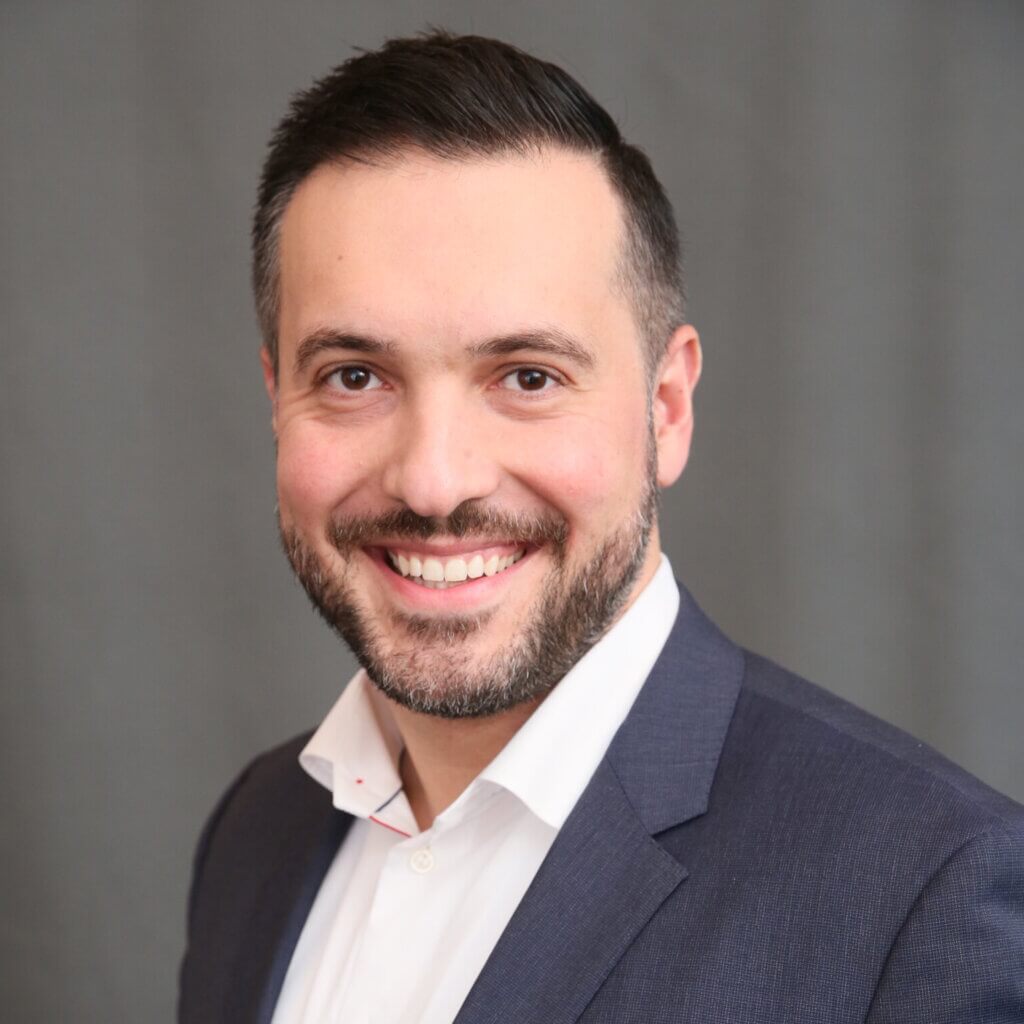
Tim Toska
United States
Global Sector Head, Private Equity
Conference
Private Equity New York Forum
Join Alter Domus’ Lizzie Heil and Stephanie Golden at this year’s Annual Private Equity New York Forum, organized Markets Group- bringing together investors, fund managers and advisors to discuss sectors, due diligence and opportunities. Be sure to get in touch with them to discuss US private investment opportunities.
Key contacts

Lizzie Heil
North America
Managing Director, North America
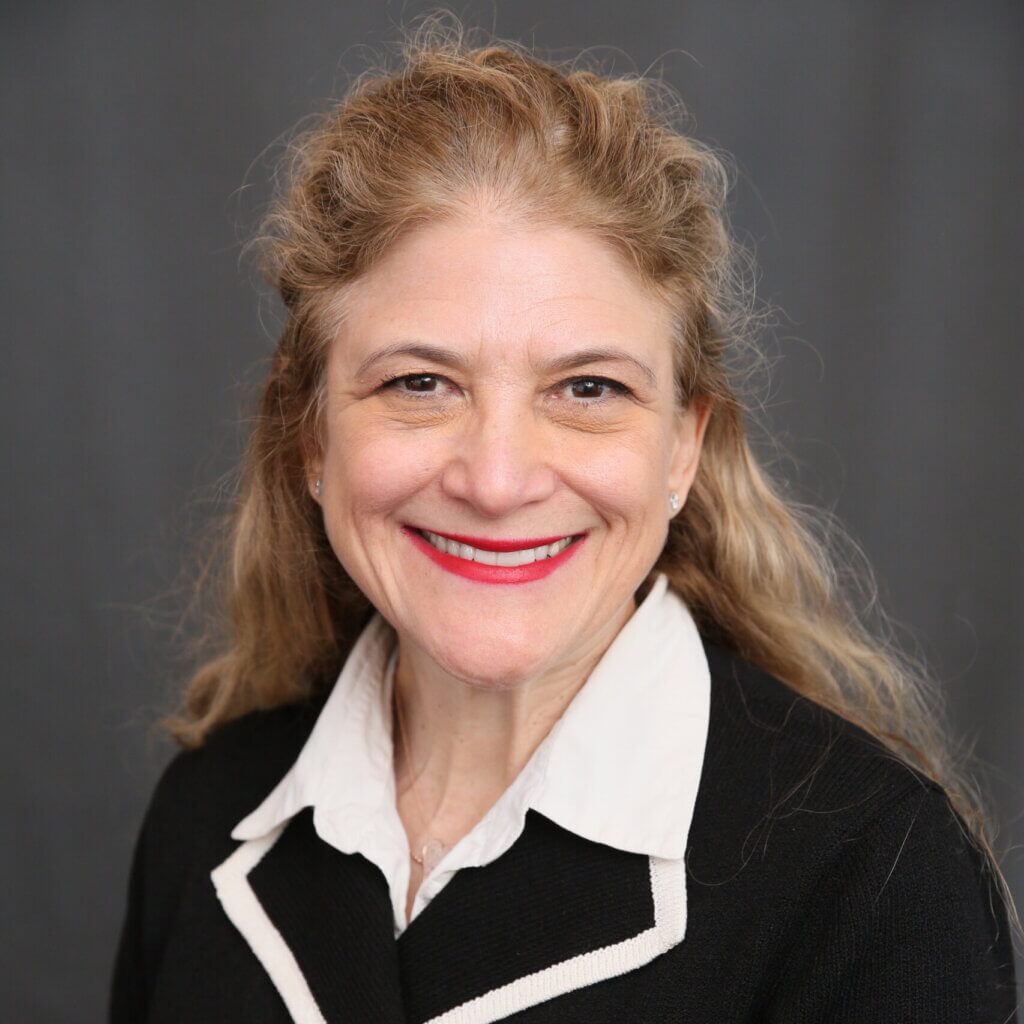
Stephanie Golden
United States
Managing Director, Sales, North America
Conference
SuperReturn CFO/COO North America
From the integration of AI in private equity to the SEC’s Private Funds Advisor Rules, one thing is for certain: change is in the air. Join our very own Dave Traverso, Ned Siegel and Rachel Roth at SuperReturn CFO/COO North America to dive into these topics and more. From May 6th-7th, they’ll be on the ground in Chicago to meet with other delegates and discuss the state of the market, ongoing challenges and emerging opportunities. Get in touch with our team today to arrange some time to meet. They look forward to seeing you there!
Key contacts

David Traverso
North America
Managing Director, Sales at Alter Domus North America

Ned Siegel
United States
Managing Director, Sales and Relationship Management, Private Equity
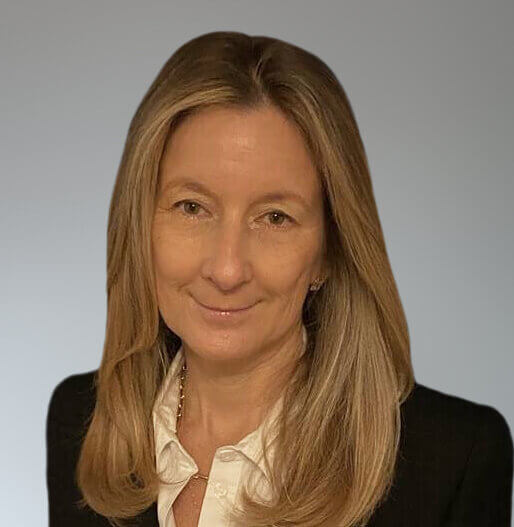
Rachel Roth
United States
Managing Director, Sales and Relationship Management, Private Equity
Conference
BAI Alternative Investor Conference
Join Alter Domus’ very own Mark Gebauer and Dirk Sanden as they attend this year’s BAI Alternative Investor Conference from 22-24 April in Frankfurt. The annual event is focused on alternative investments in Germany, Europe and around the world, and provides the opportunity for attendees to discuss the latest market trends: from the evolving landscape of private credit to private equity co-investments and the impact of artificial intelligence on all markets. Also attending? Set up some time to speak with Mark and Dirk in advance of the conference to discuss these topics and more!
Key contacts
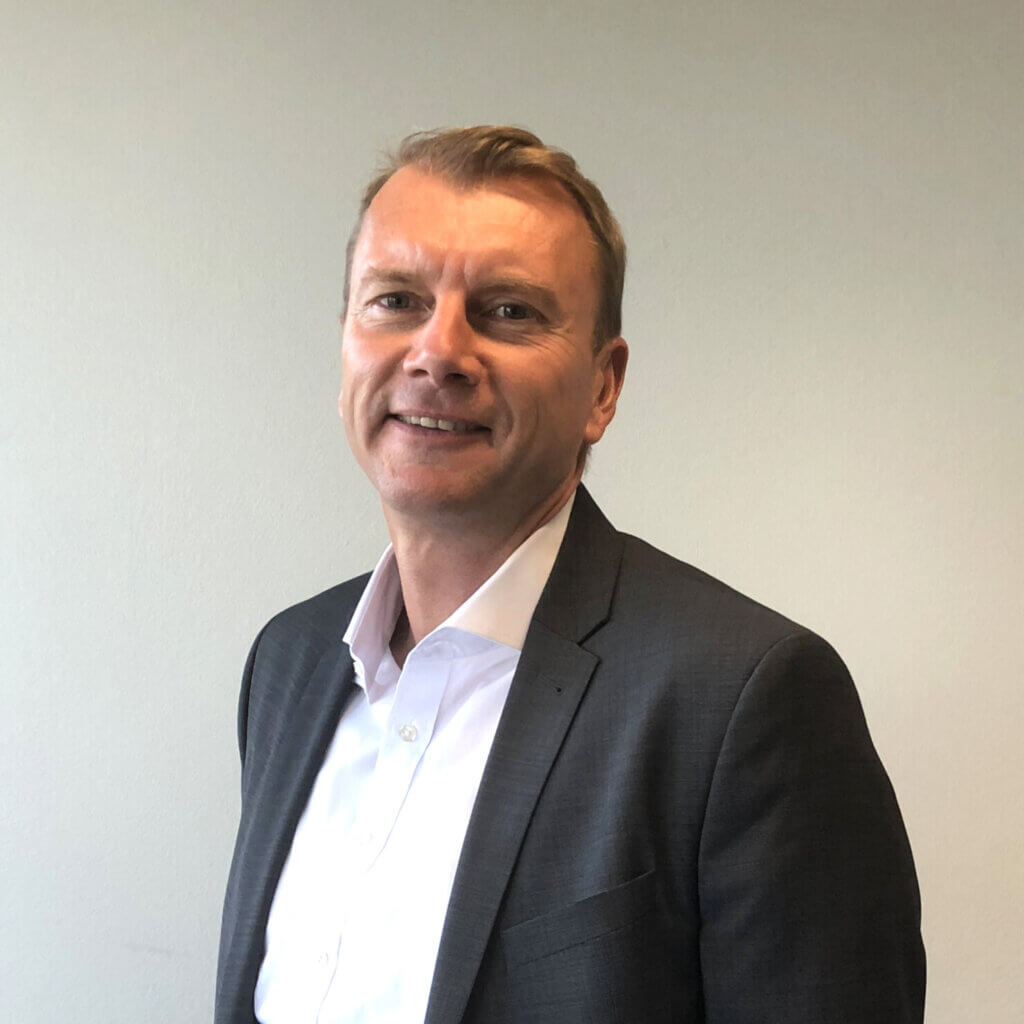
Dirk Sanden
Luxembourg
Director, Sales & Relationship Management

Mark Gebauer
Germany
Country Executive Germany
News
Alter Domus secures strategic investment from Cinven
New international private equity firm joins founders and Permira to support Alter Domus on next stage of growth

Luxembourg, London and Chicago, March 4th, 2024 – Alter Domus, a leading global provider of end-to-end tech-enabled fund administration, private debt, and corporate services for the alternative investments industry, today announced that it has secured a new strategic investment from Cinven. Cinven is a leading international private equity firm focused on building world-class global and European companies. The transaction gives Alter Domus an Enterprise Value of €4.9 billion ($5.3 bn).
Through the transaction, Cinven will support the long-term strategic growth of Alter Domus, working in close partnership with the founders of Alter Domus and Permira, who will continue to be significant shareholders. Their continued involvement and investment in the firm is a huge endorsement for Alter Domus as a business, its global growth strategy to date and its future potential. The new structure means Alter Domus will now benefit from the support of three fantastic partners in Cinven, Permira and the founders, and this transaction strengthens the capital base of the company enabling it to focus on the next stage of its growth.
Established in 2003, Alter Domus is one of the largest fund administrators globally, with over $2.5tn assets under administration (AUA). Solely dedicated to alternative assets, Alter Domus offers end-to-end tech-enabled fund administration and corporate services across three sectors: private equity, real assets and private debt. With the support of Permira since 2017, the firm has grown rapidly to meet the evolving needs of its client base, building a global network that now spans 23 jurisdictions, servicing 90% of the top 30 asset managers globally. Since Permira’s investment, Alter Domus has increased revenue, EBITDA and employee numbers by 5x.
Additional investment characteristics of Alter Domus that were attractive to Cinven include:
- Its impressive financial track record, with Alter Domus having consistently outperformed the market, delivering double-digit organic growth and attractive margin performance;
- Alter Domus represents a scarce, market-leading global fund services platform that delivers market-leading service levels to a blue-chip customer base including 90% of top-30 asset managers served;
- It is a proven M&A platform in the fragmented fund services market that has a successful track record of acquisitions, and a strong further pipeline of potential buy and build opportunities across a range of markets and geographies;
- The company operates in attractive markets, with the fund services subsector benefitting from the structural growth of private capital markets, increasing regulation and a continued trend towards outsourcing of fund services, together with downside-protection through strong revenue visibility and cashflow generation;
- Alter Domus has received significant investment in the tech-enablement of the company – resulting in best-of-breed third-party platforms, workflow automation and a leading data and analytics product capability to better serve the increasingly complex needs of its global client base; and
- It has an experienced and highly respected management team that has led the strong performance to date.
In little more than two decades, Alter Domus has grown from being a small Luxembourg-based spin-off from PwC to become a world-leading fund administrator. The investment from Cinven is a significant milestone in the development of Alter Domus as it continues along this trajectory. Together with Permira, we are confident that Cinven is the perfect partner as it continues to grow and scale internationally, and I am excited to continue to be a part of the Alter Domus journey.
Alter Domus Founder and Chairman of the Supervisory Board, Rene Beltjens
With an enviable track record of investing in fast-growing, world-class businesses, we are thrilled to welcome Cinven as an investor in Alter Domus. Cinven shares our strategic vision and commitment to developing long-term technology-enabled partnerships with the leading alternatives firms globally through the delivery of operational and client service excellence. Together we look forward to further accelerating our international growth and delivering innovative new services to our clients.
Alter Domus Chief Executive Officer, Doug Hart
Cinven is delighted to make this investment in Alter Domus. Fund services has been a priority subsector for Cinven’s Business Services team due to the attractive business model characteristics and strong growth drivers. Cinven’s Business Services and Financial Services sector teams have worked together in close partnership and have followed Alter Domus closely over many years and admired it as a global leader, with blue-chip clients and leading service levels. Looking forward, we see significant potential for further growth and we look forward to working with the management team and shareholders in the next phase of its journey.
Cinven Partner and Head of the Business Services sector team, Rory Neeson
We would like to thank René Beltjens, Doug Hart and the entire Alter Domus team for their hard work and passion that has allowed our partnership so far to be so successful. The company is now well positioned as a global leader to enter its next phase of growth with the support of an aligned set of shareholders, and we’re looking forward to working closely with Cinven, the founders and management to continue capitalising on the growth opportunity ahead.
Global Head of Services at Permira, Philip Muelder, and Chris Pell, Principal at Permira
The transaction is subject to regulatory approvals and other customary closing conditions.
Alter Domus was advised by Goldman Sachs International and Raymond James (M&A), DLA Piper, Jamieson Group (Dedicated advisors to management), Oliver Wyman (Commercial), EY (Financial & Tax) and Clifford Chance (Legal), Kroll (Compliance), Crosslake (Technology).
About Alter Domus
Alter Domus is a leading provider of tech-enabled fund administration, private debt, and corporate services for the alternative investment industry with more than 5,100 employees across 39 offices globally. Solely dedicated to alternatives, Alter Domus offers fund administration, alternative investment services, corporate services, depositary services, capital administration, transfer pricing, domiciliation, management company services, loan administration, agency services, trade settlement and CLO manager services.
Find out more at www.alterDomus.com.
About Cinven
Cinven is a leading international private equity firm focused on building world-class global and European companies. Its funds invest in six key sectors: Business Services, Consumer, Financial Services, Healthcare, Industrials and Technology, Media and Telecommunications (TMT). Cinven has offices in London, New York, Frankfurt, Paris, Milan, Madrid, Guernsey and Luxembourg.
Cinven takes a responsible approach towards its portfolio companies, their employees, suppliers, local communities, the environment and society.
Cinven Limited is authorised and regulated by the Financial Conduct Authority.
In this press release ‘Cinven’ means, depending on the context, any of or collectively, Cinven Holdings Guernsey Limited, Cinven Partnership LLP, and their respective Associates (as defined in the Companies Act 2006) and/or funds managed or advised by any of the foregoing.
For additional information on Cinven please visit www.cinven.com and www.linkedin.com/company/cinven/.
About Permira
Permira is a global investment firm that backs successful businesses with growth ambitions. Founded in 1985, the firm advises funds with total committed capital of approximately €80bn and makes long-term majority and minority investments across two core asset classes, private equity and credit.
Permira is one of the world’s most active investors in the Services sector, having deployed over $11.5 billion to partner with more than 40 companies globally. Current and previous investments from the Permira funds in the sector include: Acuity Knowledge Partners, Axiom, Cielo, Clearwater Analytics, DiversiTech, Engel & Völkers, Evelyn Partners, Kroll, Motus, Relativity, Reorg and Tricor.
The Permira private equity funds have made approximately 300 private equity investments in four key sectors: Technology, Consumer, Healthcare and Services. Permira employs over 500 people in 15 offices across Europe, the United States and Asia. For more information, visit www.permira.com or follow us on LinkedIn.
Media Contact: [email protected]
Katherine-Hope Keown: +44(0)7512 309360
Read Cinven‘s press release here.
Read Permira‘s press release here.
Conference
ALFI Global Asset Management Conference
From digital transformation to sustainable finance, which factors have the most impact on shaping the future of both global distribution and asset management? Join Angela Summonte at ALFI’s Global Asset Management Conference in Luxembourg to find out. Gathering fund professionals from across the industry, the two-day event will dive into the latest technological advancements, regulatory changes, and market trends.
Get in touch with Angela ahead of the conference to set up a meeting.
Key contacts
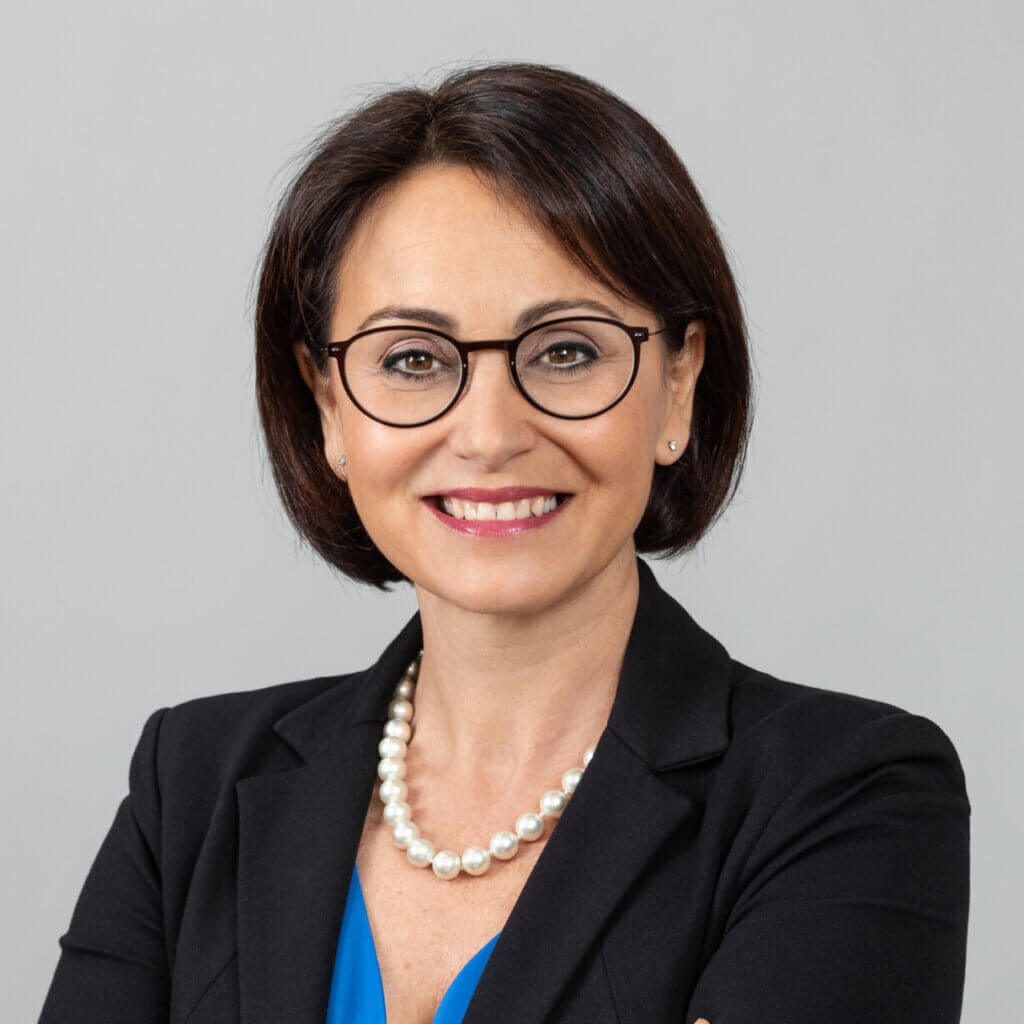
Angela Summonte
Luxembourg
Group Director, Key Accounts
Conference
IMN Distressed Forum for Bank Special Assets (East)
Lizzie Heil and John Budyak will be in Coral Gables, Florida from March 11-12 to attend IMN’s Distressed Forum for Bank Special Assets (East). Meet them there during the two-day event to discuss the outlook for special assets and distressed CRE. From loan defaults and workouts to forbearance and turnarounds, the conference is set to cover the latest credit and workout issues.
Set up a meeting with Lizzie and John ahead of the conference using the contact details below.
Key contacts

Lizzie Heil
North America
Managing Director, North America

John Budyak
United States
Head of Credit Services, North America
Conference
SuperReturn Secondaries Europe
How are macroeconomic headwinds impacting the opportunity set across the GP-led secondaries space? How are buyers and sellers remaining flexible and continuing to close deals in a volatile market? What’s in store for the future of the GP-led market? Join Patrick McCullagh for answers to these questions, and more, at SuperReturn Secondaries Europe in London from 11-12 March. He looks forward to meeting with other attendees to discuss the latest trends in European secondaries and how a partner like Alter Domus can help set you up for success.
Get in touch with Patrick ahead of the conference to set up a meeting.
Key contacts

Patrick McCullagh
United Kingdom
Managing Director, Sales, Europe & United States







